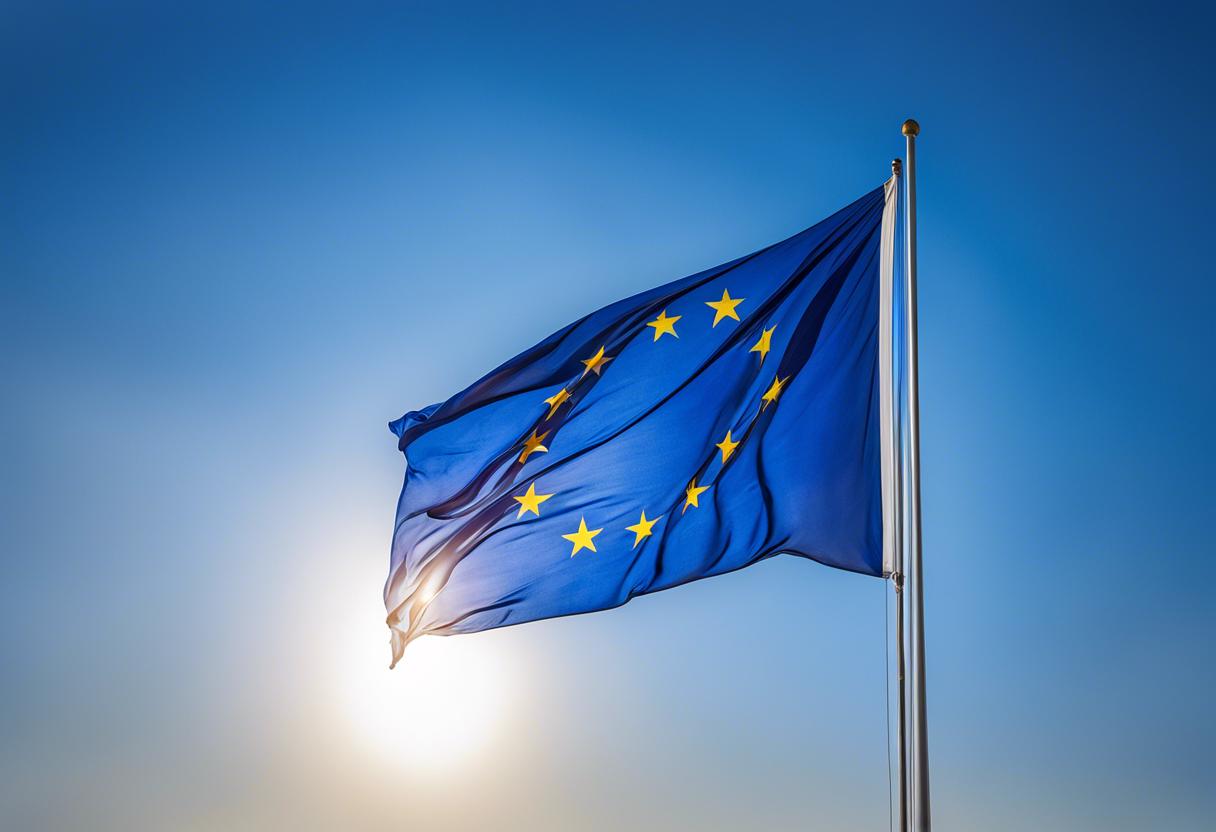Ursula von der Leyen, the President of the European Commission, may secure a second term owing to the solid performance of her centrist right-wing group at the weekend elections. The European People’s Party (EPP), which von der Leyen is part of, secured more than 180 parliamentary seats bolstering its status as the largest group, despite far right groups marginally increasing their influence in certain countries. However, the governance of the parliament remains largely mainstream.
Discussions are due to start this week as von der Leyen looks to gain political support to continue her role as Commission President. She requires the consent of most of the European Union’s 27 national leaders to be nominated for her follow-on term. These leaders are expected to meet on the coming Monday to deliberate senior roles before a full meeting expected later in the month. If von der Leyen is the favoured choice, she would need majority support from Members of the European Parliament (MEPs), who currently number 720, for her confirmation.
Given the last election results from a vast majority of EU nations, the EPP, which includes Fine Gael, is positive about von der Leyen’s chances of reappointment. A high-ranking EPP member expressed immense satisfaction with the results. The previous coalition made up of the EPP, the centre-left Socialists and Democrats (S&D), and the centrist Renew won 400 seats combined. But it is expected that some MEPs from these groups may deviate and oppose von der Leyen’s nomination. According to a high-ranking official, the coalition’s parliamentary majority was “like Swiss cheese, full of holes”.
Hence, multiple sources hint that von der Leyen may need to form a coalition with other parties such as the European Greens. Five years ago, von der Leyen barely made it through, winning by a small majority of nine votes.
Addressing an audience in Berlin on Monday, there were hints from Ms von der Leyen that she would make allowances for assistance from decidedly right-wing parties, if her conventional allies declined to support her. When questioned about the possibility of depending on the backing of Italy’s Prime Minister Giorgia Meloni’s staunchly right-wing Brothers of Italy (Fratelli d’Italia), Ms von der Leyen artfully evaded the inquiry. She stated, “With the formation of groups still in progress, it remains uncertain as to who belongs where and the scale of individual groups,”. “I will focus on discussing with those that have had a good working rapport with me in the past, but this still keeps several avenues open,” she added. If she manages to secure national leaders’ approval, the European Parliament could potentially conduct its vote as early as July.

